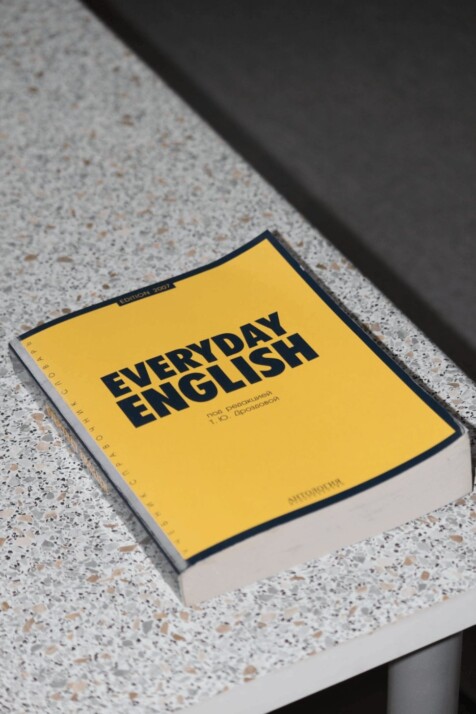After is defined as a time that is later than another time. An instance of the word after is when something occurs following something else. After is defined as that which leads to a consequence.
In Britain, the term “afters” can be used as a noun to refer to the final sweet course of a meal. This is commonly referred to as “dessert” or “pudding” in English.

What Part of Speech is After?
After is employed in the following situations:
1. As an Adverb (when no noun follows)
As an adverb, we can use after but thereafter is more usual. When after is employed, it is typically within an adverb phrase.
Check out these examples:
- He passed away on May 6th and was buried two days after.
- They lived happily ever after.
- Mrs. Florence died soon after.
2. As conjunction (linking two sentences)
It is important to note that subordinating conjunctions such as ‘because, since, and after’ connect a dependent to an independent clause. This connection helps to stress the central concept of an independent sentence.
After as conjunction has the primary function of connecting different phrase sections. This connection assists you in underlining key concepts or activities.
Conjunctions help you build more complex and engaging sentences and improve the flow of your writing.
Some examples are:
- He will call you after I speak with him
- She went back to the village after he decided to join the army
- He left shortly after they arrived.
3. As a Preposition or Noun Phrase
Prepositions are used to express a connection between two words. Prepositions include: in, during, beside, after, for, and after.
Some examples include:
- We named her after her maternal aunt
- They had a little chit-chat after the interview
- After all that transpired between them, they are still jolly good friends.
4. As an Adjective
Adjectives are words that describe others. They are words that modify nouns and pronouns. Adjectives enhance the clarity of a noun’s meaning. Adjectives include: Small, beautiful, ugly, big, etc. After as an adjective is informal and signifies later, subsequently, succeeding, next, etc.
Check out these examples:
- The after gun is mounted aft.
- In after years, we grew apart.
- After years, he often thought about the exciting times of his youth.
- His cabin is located in the after section of the blue ship”.
After Spelling: How Do You Spell After?
After spelling can heavily impact how it’s pronounced. The correct spelling of After is a-f-t-e-r. It is a five-letter word.
The most fantastic technique to familiarize yourself with the typical sounds of English is to examine the word’s phonetics. The British English transcription for ‘after’ is ɑ́ːfdə. It has two syllables, “AAF” + “tuh.”
Guidelines to Help Perfect the Pronunciation of After
Dissect the word “after” into its component parts using [AAF] + [TUH]. Repeat this sound aloud until you can do it reliably.
Then watch and listen to the recordings you made of yourself pronouncing ‘after’ in complete sentences. You’ll be able to see where your weak points are.
Pick either the British or American accent and stick to it. Combining numerous dialects, especially for novices, can be pretty tricky.
To Wrap Up
After may function as an adverb, conjunction, adjective, or preposition. It is a versatile word used in everyday English. Using “after” as an adjective is archaic or informal.
Explore All Spell Check Articles
How to Improve Your Spelling As an Adult
Both native speakers and language learners find English spelling tough to master. Because English is a language that absorbs new…
How to Spell Yesterday — a Quick Spelling Guide
There are times when English can seem confusing. Many of the words in English are freely borrowed from other languages.…
Can’t Spell Review? Read This Right Away!
There are times when English spelling can appear confusing. English borrows many of its words from other languages. This Germanic…
How to Spell None — a Quick Spelling Guide
Sometimes, English spelling can seem perplexing. Many of the words in English originated in other languages. Germanic language English consists…
Having Some Issues? Correct Spelling of Issue!
English may seem confusing at times. Many of the words in English were freely borrowed from other languages. Languages such…
The Correct Way of Spelling Decide!
English spelling can sometimes seem confusing. English borrows many of its words from other languages. English, a Germanic language, consists…
